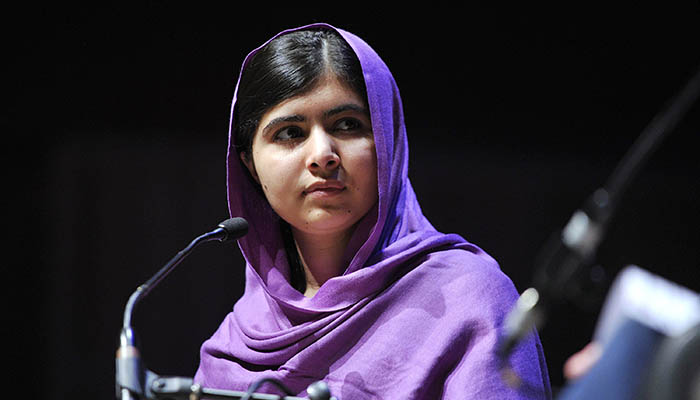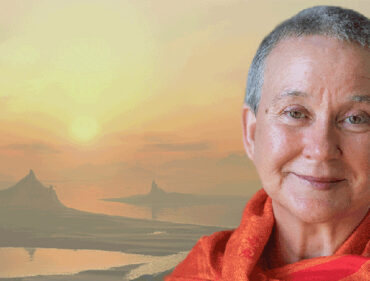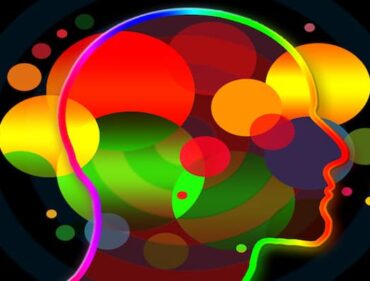Blog: Malala Yousafzai: Education is for Everyone
By Isa Gucciardi, Ph.D.
Author’s Note: I find inspiration in the stories of people who have seen a need and tried to meet it. Be they healers, activists, politicians, leaders, or every day people who do the right thing in a difficult situation. These are people who stand up to oppression, or try to bring justice to places where none exists. For that reason, I have decided to create this series on Inspiring People.
When I was 12, I attended a small one-room school in Riyadh, Saudi Arabia. Most of us were from other countries, and I was one of the few students who spoke English as a first language. There were a few Saudi children, in spite of the fact that girls and boys were not supposed to be educated together.
The story I heard was that the King looked the other way when he heard this rule was being broken because the children there were from influential foreign families. However, when the headmistress admitted a 13-year-old Saudi girl, the King closed down the school overnight. He was furious that a girl was being educated past the age of 12.
I had been told that I would be sent to a boarding school in Lebanon, and I was excited about the prospect. When I arrived for the last day of school, I found two of my classmates crying in the corner of the room. They were both Saudi. I asked them what was happening. They were upset because they had been told they could no longer pursue their studies.
I tried to comfort them, but I was distraught myself. I was so angry at the injustice that they had to stop their studies. I went to the headmistress to see if something could be done. As I reached her desk, I realized she had been crying too. I started to tell her why I was so upset, but she stopped me, “I know. I know. I am so upset too.” I said, “This is not fair. This is not right. Can’t you do something about this?” She just stared out the door, where the Saudi soldiers were congregating. “No,” she said, “there is nothing we can do.”
That outrage has stayed with me, fed by the many stories about the destruction of girls’ schools in Sudan, Afghanistan and other Arab countries. So, when I began to hear about the remarkable young Pakistani activist, Malala Yousafzai, I paid close attention to her efforts.
Malala was born in Pakistan and was educated mostly by her father, who is a poet, school principal, and an educational activist himself. Malala was inspired by her father’s activism to become an active voice for freedom, encouraged by the special bond they share.
As a very young woman, Malala became a spokesperson for the rights of women, advocating for women across the globe. The Pakistan that Malala was born into was marked by the rise of conservative Islamic forces, which aim to limit the rights of women. One of the ways they seek to do this is to forbid girls to be educated. During the rise of this conservative wave, many schools for girls were burned or destroyed.
In 2009, Malala began posting reports to the BBC Urdu blog. The blog records her thoughts about the way the rights of women and girls were being curtailed as the area around her home was overtaken by military operations. Fewer and fewer girls were able to attend school because of their activities. Ultimately, her school was shut down.
The blog made her visible to many, including the Taliban, an extremist Moslem group who had gained control in Pakistan. The Taliban believe women and girls do not have the right to an education, and set an edict that no girls could attend school after January 15, 2009. As Malala became better known, the dangers she and her family faced increased. Death threats against her were published in newspapers, online, and in notes delivered to her door.
At the age of 15, Malala was shot by a Taliban gunman as she was returning home from school. A bullet pierced her skull. After a five-hour operation, doctors were able to remove the bullet. As she remained in a coma, she was transported to the United Kingdom for further treatment. After many interventions, she recovered.
She immediately became the focus of worldwide attention. Her shooting received international media coverage and produced an outpouring of sympathy and anger. Protests against the attack were held throughout Pakistan. As she recovered, she became a voice of courage in the face of aggression. Against real and dangerous odds, she became a powerful advocate.
In 2013, the first Youth Takeover of the United Nations was held. It was organized by the President of the UN General Assembly, the UN Special Envoy for Global Education and A World at School, an initiative from Their world. Here is an excerpt from Malala’s powerful speech:
Dear Friends, on October 9, 2012, the Taliban shot me on the left side of my forehead. They shot my friends too. They thought that the bullets would silence us. But they failed. And then, out of that silence came, thousands of voices. The terrorists thought that they would change our aims and stop our ambitions, but nothing changed in my life except this: Weakness, fear and hopelessness died. Strength, power and courage was born. I am the same Malala. My ambitions are the same. My hopes are the same. My dreams are the same.
Malala demonstrates unwavering courage in the face of tyranny. I remember feeling so much fear when the Saudi soldiers entered our school, and felt powerless to help my fellow classmates. I am sure thousands of other girls and women have felt this same powerlessness as they have been prevented from meeting their potential. Malala shows them, and shows all of us, that it is possible to create change when we have the courage to stand true to our values even when we are presented with overwhelming obstacles.
ENJOYING THE STREAM OF CONSCIOUSNESS BLOG? SIGN UP FOR FREE UPDATES!



